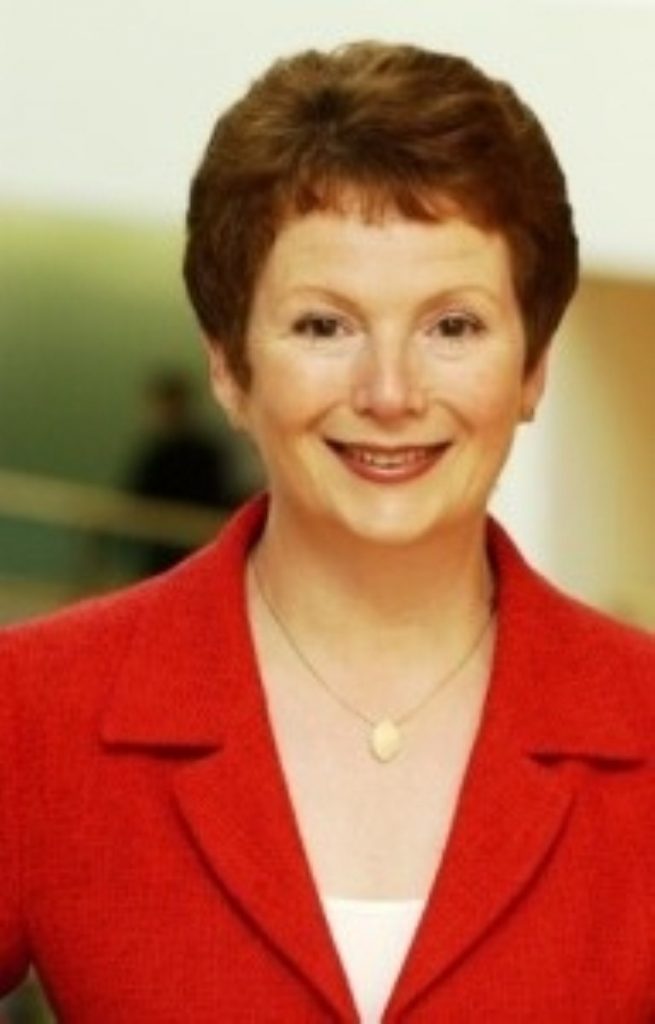Parties defiant over secret loans
Both Labour and the Conservatives have insisted they acted within the law in failing to declare millions of pounds worth of loans ahead of the last general election.
In separate hearings before the committee on standards in public life yesterday, both Labour chairwoman Hazel Blears and shadow constitutional affairs secretary Oliver Heald said their parties were guilty of no wrongdoing.
On Tuesday, chairman of the Electoral Commission Sam Younger told the committee that guidance had been issued to all political parties before the general election, making clear what the law on loans from wealthy backers was.
While there was no obligation for parties to make commercial loans public, the watchdog make clear that if the intention was to later convert these into donations – as several were earlier this year – then that would be “against the spirit” of the law.


Scotland Yard is currently investigating claims that Labour and the Conservatives offered peerages to wealthy backers in return for their financial support, including accusations that they wanted loans rather than donations because these would not be made public.
However, Ms Blears told MPs: “The Labour party has acted in accordance with the provisions that were in force at the time. . . The party certainly complied with the law,” Her comments were reiterated by Mr Heald when he gave evidence later that day.
Both politicians also rejected reports that the effort to pay back the loans had left both parties in financial difficulties – Labour reportedly has £6 million to pay back this year, while the Tories are also thought to be in financial trouble.
“We certainly don’t have a crisis. Money’s always tight in political parties, it’s always tight the year after an election,” Ms Blears insisted.
Afterwards, a Labour spokesman pointed to current high staffing levels as evidence of the party “being in a stable financial position”, although many people are currently being laid off – something he said was always the case in the wake of a general election.
In a separate session, Mr Heald insisted the Tories were “not bust”, and in fact had an excellent credit rating.
However, he defended their proposals for an increase in state funding of parties, saying that if widely-supported plans to put a cap on individual donations to political parties went ahead, some kind of public money would be needed to make up the shortfall.
The committee has been taking evidence this week for its inquiry into how democracy in Britain is working, looking at the role of the Electoral Commission and the subject of party political funding – a major issue in the wake of the loans-for-peerages row.
All three of the main parties have put forward their suggestions for how funding arrangements could be made more transparent, to reassure the public that nothing improper was going on.
“The whole situation does not reflect particularly well on political parties as a whole,” Ms Blears noted.

